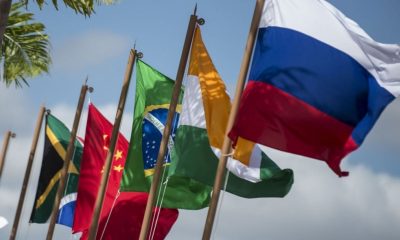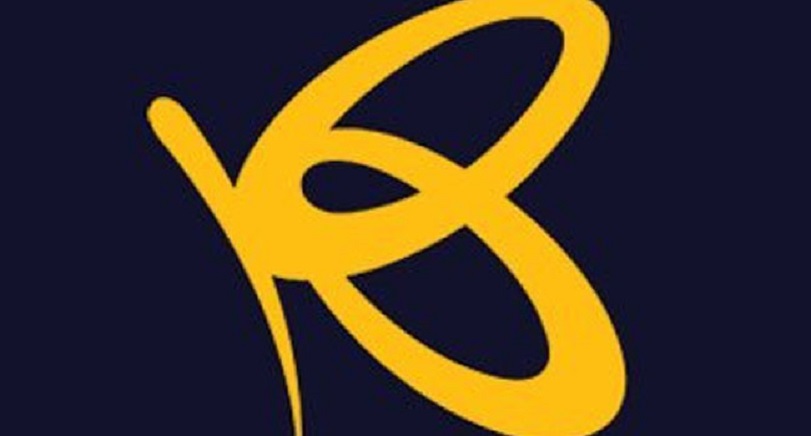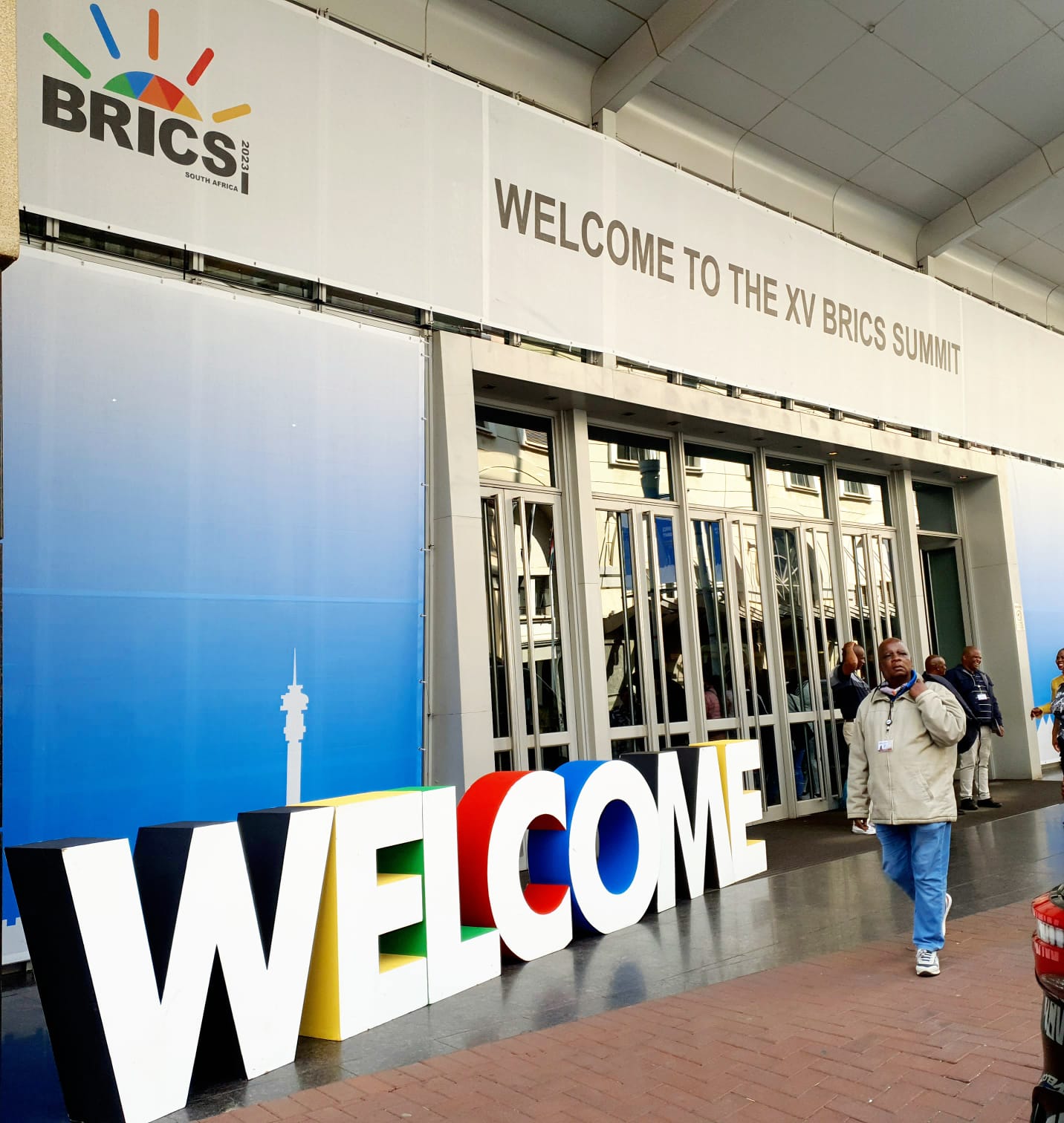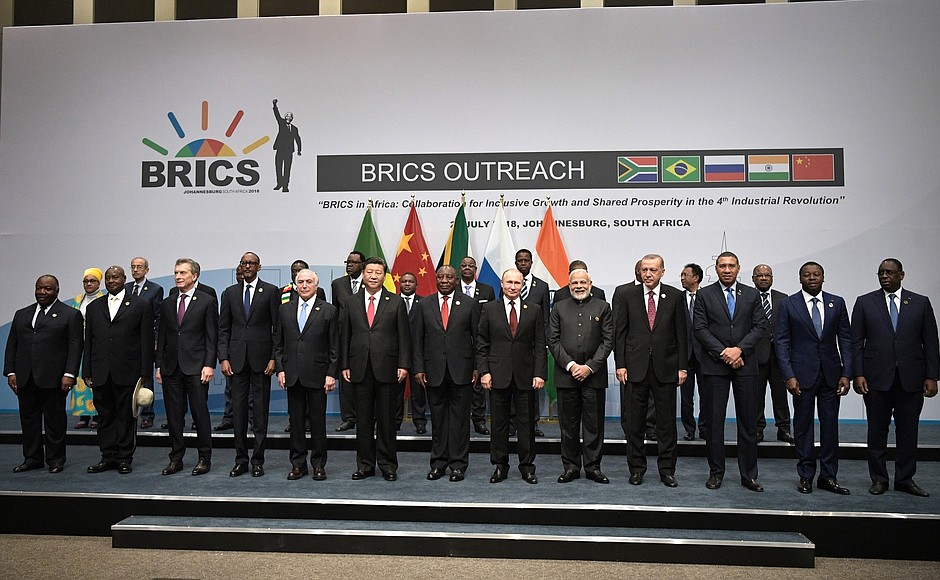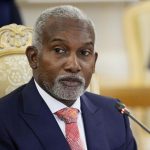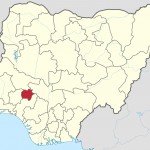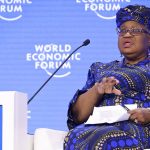Economy
The World’s Top 10 Economies

The inequitable distribution of income is present at the global level where the nominal gross domestic product (GDP) of the top 10 economies adds up to over 66% of the world’s economy, and the top 15 economies add up to over 75%. The remaining 172 countries constitute only 25% of the world’s economy.
Here’s the list of the top 10 economies based on the criteria of GDP, current prices (US dollars) which is simply known as nominal GDP. The rankings differ if the same list is prepared using the GDP based on purchasing-power-parity (PPP).
As a general rule, developed countries have a smaller gap between their nominal GDP (i.e., current prices) and GDP based on PPP.
The difference is greater in developing countries, which tend to have a higher GDP when valued on purchasing-power-parity basis. This list is based on IMF data, which is updated twice annually.
This list was compiled by Investopedia and last updated on July 18, 2016.
- United States
The U.S. economy is the largest in the world in terms of nominal GDP (measured at current prices in US dollars). The $17.95 trillion US economy is approximately 24.5% of the gross world product. The United States is an economic superpower that is highly advanced in terms of technology and infrastructure and has abundant natural resources. However, the U.S. economy loses its spot as the number one economy by a slight margin to China when measured in terms of GDP based on PPP. In these terms, China’s GDP is $19.4 trillion and the U.S. GDP is $17.95 trillion. However, the U.S. is way ahead of China in terms of GDP per capita (PPP) – approximately $55,805 in the U.S. versus $14,107 in China.
- China
China has transformed itself from a centrally planned closed economy in the 1970’s to a manufacturing and exporting hub over the years. The Chinese economy is propelled by an equal contribution from manufacturing and services (45% each, approximately) with a 10% contribution by the agricultural sector. The Chinese economy overtook the U.S. economy in terms of GDP based on PPP. However, the difference between the economies in terms of nominal GDP remains large. China is currently a $10.98 trillion economy and has been growing at around 7% in the recent years, although that growth is starting to slow down.
- Japan
Japan’s economy ranks third in terms of nominal GDP, while it slips to fourth spot when comparing the GDP by purchasing-power-parity. The economy has been facing hard times since 2008, when it was first showed recessionary symptoms. Though the government’s stimulus packages have helped the economy recover a bit, the massive earthquake in 2011 gave the fragile economy another jolt. Economic growth has hovered between 0.5–2% in recent times, but is forecasted to stay below 1% during the next six years. The nominal GDP of Japan is $4.12 trillion, its GDP (PPP) is $4.83 trillion, and its GDP (PPP) per capita is $38,054.
- Germany
Germany is Europe’s largest and strongest economy. On the world scale, it ranks as the fourth largest economy in terms of nominal GDP. Germany’s economy is known for its exports of machinery, vehicles, household equipment, and chemicals. Germany has a skilled labor force, but the economy faces demographic challenges like most European nations. The size of its nominal GDP is $3.36 trillion, while its GDP in terms of purchasing-power-parity is $3.84 trillion. Germany’s GDP (PPP) per capita is $46,893, and the economy has moved at a moderate pace of 1-2% in recent years and is forecasted to stay that way.
- United Kingdom
The United Kingdom, with a $2.85 trillion GDP, is the world’s fifth largest. The economy of the UK is primarily driven by services, as the sector contributes more than 75% of the GDP. With agriculture contributing a minimal 1%, manufacturing is the second most important contributor to GDP. Although agriculture is not a major contributor to GDP, 60% of its food needs is produced domestically, even though less than 2% of its labor force is employed in the sector. After the referendum in June 2016 when voters decided to leave the European Union, economic prospects for the UK are highly uncertain, and the UK and France may swap places. The country will operate under EU regulations and trade agreements for two years after the formal announcement of an exit to the European Council, in which time officials will work on a new trade agreement. Economists have estimated that a Brexit could result in a loss of anywhere from 2.2-9.5% of GDP, depending on the trade agreements replacing the current single market structure.
- France
France, the most visited country in the world, is the sixth largest economy with a nominal GDP of $2.42 trillion. Its GDP in terms of PPP is around $2.65 trillion. France has a low poverty rate and high standard of living, which is reflected in its GDP (PPP) per capita of $41,180. The country is among the top exporters and importers in the world. France has experienced a slowdown over the past few years and the government is under immense pressure to rekindle the economy, as well as combat high unemployment which reached 10.35% in 2015. According to IMF forecasts the country’s GDP growth rate is expected to rise over the next six years, and unemployment is expected to go down.
- India
India ranks third in GDP in terms of purchasing-power-parity ($7.97 trillion), while its nominal GDP ($2.09 trillion) puts it in a seventh place. The country’s high population drags its GDP (PPP) per capita down to $6,162. India’s GDP is still dependent on agriculture (17%), compared to western countries. However, the services sector has picked up in recent years and now accounts for 57% of the GDP, while industry contributes 26%. The economy’s strength lies in a limited dependence on exports, high saving rates, favourable demographics, and a rising middle class. India recently overtook China as the fastest growing large economy.
- Italy
Italy’s $1.16 trillion economy is the world’s eighth largest in terms of nominal GDP. Italy is among the prominent economies of the eurozone, but it has been impacted by the debt crisis in the region. The economy suffers from a huge public debt estimated to be about 135.8% of GDP, and its banking system is close to a collapse and in need of a bail-out/bail-in. The economy is also facing high unemployment, but saw a positive economic growth in 2015 for the first time since 2011. The government is working on various measures to boost the economy that has contracted in recent years. The GDP measured in purchasing-power-parity for the economy is estimated at $2.17 trillion, while its per capita GDP (PPP) is $35,708.
- Brazil
Brazil with its $1.77 trillion economy, it is the ninth largest economy by nominal GDP. The Brazilian economy has developed services, manufacturing, and agricultural sectors with each sector contributing around 68%, 26%, and 6% respectively. Brazil is one of the BRIC countries, and was projected to continue to be one of the fastest growing economies in the world. However, the recession in 2015 caused Brazil to go from seventh to ninth place in the world economies ranking, with a negative growth rate of 3.8%. The IMF does not expect positive growth until 2018, and the unemployment rate is expected to grow over 3% – to 10.4% – over the same time period. The Brazilian GDP measured in purchasing-power-parity is $3.19 trillion, while its GDP per capita (PPP) is $15,614.
- Canada
Canada pushed Russia off the list with a nominal GDP of $1.55 trillion. Canada has a highly service oriented economy, and has had solid growth in manufacturing as well as in the oil and petroleum sector since the Second World War. However, the country is very exposed to commodity prices, and the drop in oil prices kept the economy from growing more than 1.2% in 2015 (down from 2.5% the previous year). The GDP measured in purchasing-power parity is $1.6 trillion, and the GDP per capita (PPP) is $45,553.
The Bottom Line
Some other economies that are a part of the “trillion-dollar” club and have the potential to make it to the top 10 going ahead are South Korea ($1.38 trillion), Russia ($1.32 trillion), Australia ($1.22 trillion), Spain ($1.2 trillion), and Mexico ($1.14 trillion).
Source: Investopedia
Economy
Focus on Nigeria’s Reforms, Not Security Challenges—Tuggar to Investors
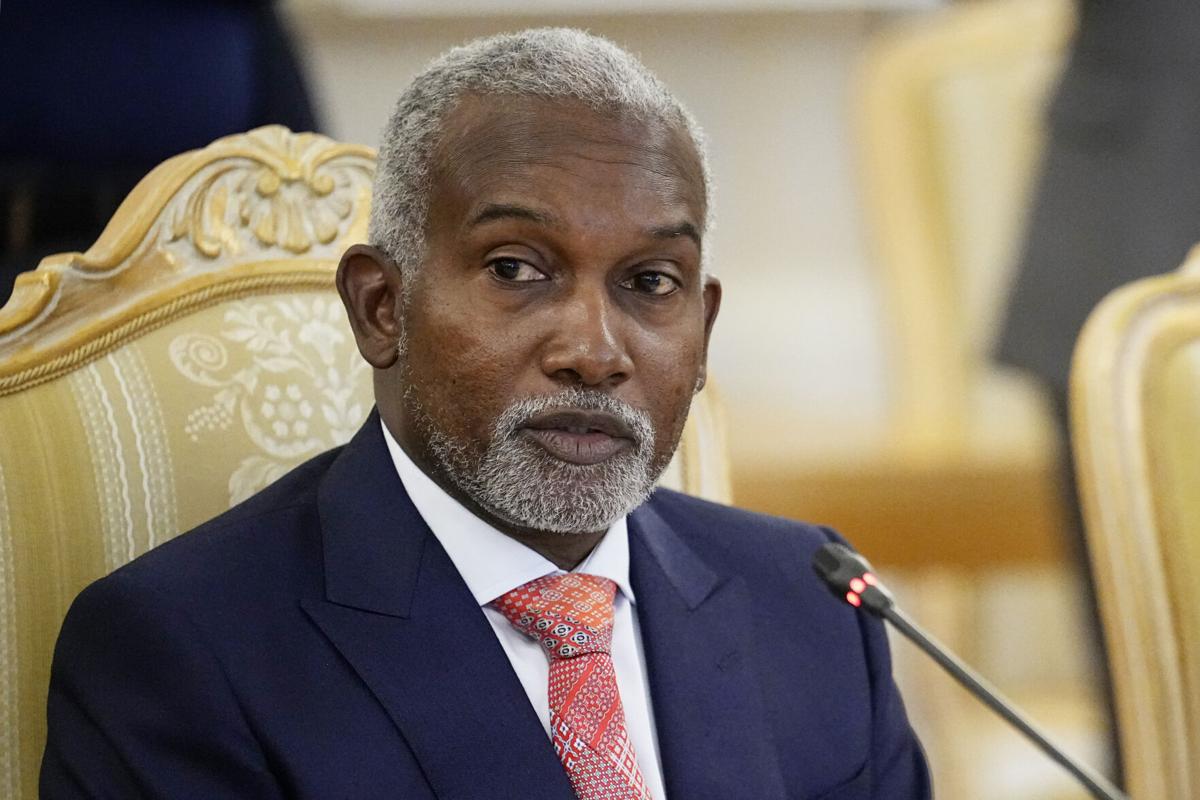
By Adedapo Adesanya
The Minister of Foreign Affairs, Mr Yusuf Tuggar, has urged international investors to look beyond the security challenges facing Nigeria, and instead focus on the reforms.
Speaking during an interview at the ongoing World Economic Forum (WEF) in Davos, Switzerland, Mr Tuggar noted that incidents of insecurity being recorded across the country are “isolated cases” and not the reality across the country.
According to him, instability in the Sahel had spilled into Nigeria.
“We are urging investors to treat us the same way they treat other countries. The fact that there were isolated incidents in some places in the country does not mean that it’s the entire country.
“Conversations that are taking place here also have to do with risk buyers, where the issue of geopolitical risk, in particular, is over-hyped when it comes to Africa, which doesn’t apply in other parts of the world.
“It’s very important to see the conflict for what it is. It’s a regional conflict that has spilled over into Nigeria. It is not removed from the conflict in the Sahel. It’s not removed from what happened in Libya many years ago,” he told CNN on Tuesday.
“It’s not removed from the proliferation of weaponry, of fighters, and climate change issues, and so many other complex issues.”
Mr Tuggar said the government is working with international partners, including the United States, to target bandits and terrorist groups in their hideouts.
The minister also said Nigeria is actively engaging investors and pushing back against an exaggerated risk narrative around Nigeria’s economy.
“We’re urging potential investors to treat us the same way, to look at us the way that they look at other countries. The fact that there is an incident in a country of 923,000 square kilometres does not mean you write off the entire country,” he said.
Mr Tuggar highlighted a number of macroeconomic and fiscal reforms under the Bola Tinubu administration aimed at improving investor confidence, including changes to the foreign exchange regime, tax reforms, and a reduction in corporate income tax.
The minister said Nigeria’s foreign reserves had risen to about $43 billion, while reforms had eased access to foreign exchange.
“It’s very important we look at the progress that the Tinubu administration has been making with macroeconomic reforms, with the tax reforms that make it easier for investors to come into Nigeria,” he said.
On security, he said Nigeria had recorded significant gains against Boko Haram through regional cooperation, particularly the multinational joint task force, which allowed cross-border pursuit of insurgents.
Mr Tuggar warned that persistent negative framing of Nigeria’s security situation could itself worsen insecurity by encouraging extremist groups to stage attacks for attention.
“So, let us look at Nigeria holistically. Let us not continue to dwell on some of these isolated incidents and define the entire country by it,” he said.
According to him, apart from working with security agencies to safeguard lives and properties, the country has also secured the services of forest guards to militate against terrorism.
Economy
Okonwo-Iweala Advises Nigeria to Move from Stabilisation to Job Creation

By Adedapo Adesanya
The Director-General of the World Trade Organisation, Mrs Ngozi Okonjo-Iweala, has advised the Nigerian government to position recent stabilisation results to drive job creation for Nigerians.
She made the remarks on Wednesday at Nigeria House during the ongoing World Economic Forum (WEF) in Davos.
The former Nigerian Minister, in her presentation at a panel discussion titled From Scale to Capital: Financing Nigeria’s Role as Africa’s Digital Trade and Infrastructure Anchor, stressed that rising geopolitical tensions, particularly between the United States and China, have accelerated supply chain diversification.
“Firms are increasingly adopting China+1 sourcing strategies to reduce single-country risk, although China remains deeply embedded in many global value chains.
“In addition, tariffs and trade restrictions have incentivised companies to reconsider reliance on dominant suppliers, prompting the relocation or diversification of production hubs,” she said.
According to her, these disruptions present an opportunity for Nigeria to capture a share of global supply chains.
She, however, noted that this would require aggressive marketing of the country to prospective investors.
“As you said, some good reforms are being pursued right now. I think they need to yield to job creation. That was what I said to His Excellency [President Bola Tinubu]—that we need to move from stabilisation to job creation, because that is where we are lacking. It is not going to be overnight, but they are moving in the right direction. What I think they need to do is map where the opportunities are.
“What I would like to see is a continued effort to attract investment into the country, because there is an opportunity now to attract these supply chains. If there is one thing I would say, it is that everything we can do to showcase Nigeria as a country worthy of investment is what we should be doing.
“And we should deliberately have strategies to go after those investments and investors, to go to China, the US, whatever it takes, to come and invest in our country. As companies seek to diversify supply chains, a lot of that movement is still within Asia.
“Diversification is moving from China but still within Asia, and India is another destination. We should attract a sizeable chunk of that. I’m not saying all.
“Let’s build solar panels in Nigeria. We are importing, but we can also manufacture. We have the renewable capacity. In fashion, let them come to invest. Every time I buy a piece of wax (textile), I check to see where it’s made.
“Let’s attract investment to make it at home rather than elsewhere. Many of the shiny new textiles we are wearing now are not made in Nigeria; a lot of them are imported,” she said.
Economy
Nigeria to Become Urea Exporter in 2028—NMDPRA Chief
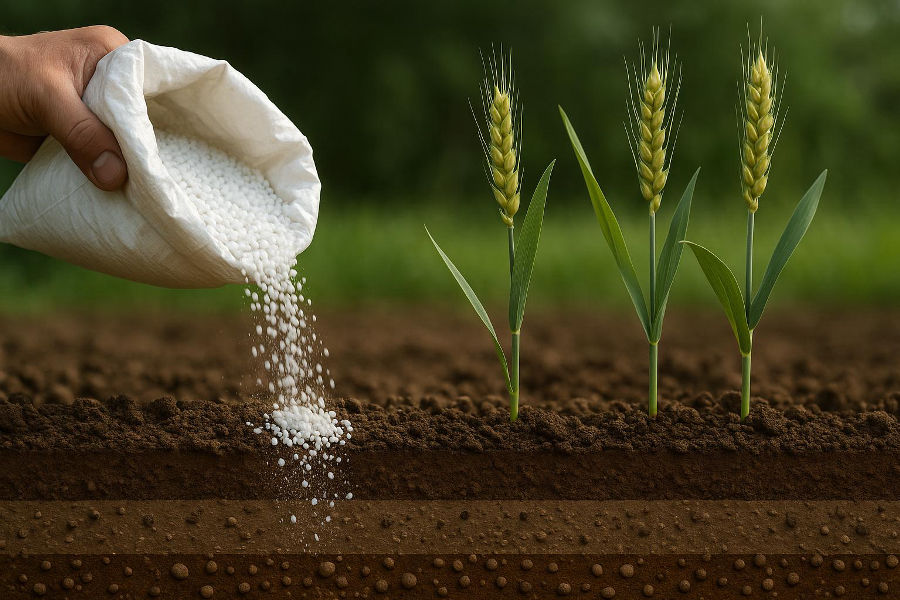
By Adedapo Adesanya
The chief executive of the Nigerian Midstream and Downstream Petroleum Regulatory Authority (NMDPRA), Mr Saidu Aliyu Mohammed, has declared that Nigeria would become a urea-exporting nations within the next 24 months.
Mr Mohammed made the assertion during an operational visit to key midstream and downstream facilities in Port Harcourt, including the Indorama Eleme Petrochemicals Complex, as part of an executive regulatory activity mandated by the Petroleum Industry Act (PIA), 2021.
According to him, the expansion of facilities at Indorama and other major investments, such as the Dangote Fertiliser Plant, signal a turning point for Nigeria’s oil and gas value chain.
“We have no business importing any of those things,” the NMDPRA chief said. “With the expansion of what is going on today at Indorama and many other places, including Dangote Fertilisers, I am sure that in the next 24 months Nigeria will join the league of urea-exporting countries, and that is where we should be.”
He described the midstream segment of the oil and gas industry as a critical but capital-intensive area that requires between $30 billion and $50 billion in investments to position Nigeria as a regional hub, not only for oil and gas, but also for secondary derivatives and value-added products. These, he said, include fertilisers, urea, and other products derived from hydrocarbon resources.
“What we have seen in Indorama is really a manifestation of what Nigeria needs to have. We need a lot of these in the midstream—fertiliser plants and every value-addition opportunity from our hydrocarbon sources. That is what the nation needs to propel growth.”
He acknowledged that while such ambitions had existed for years, progress had been slow due to various challenges; however, he noted that effective partnerships with the private sector were now yielding tangible results.
“Today, we have found the right footsteps in partnership with the private sector. Indorama has really shown us that growth is growth, and we can continue to grow in that same direction,” he said.
The NMDPRA boss explained that the visit to facilities in Rivers State was aimed at assessing the operational status and availability of critical midstream and downstream infrastructure, reviewing alignment between the regulator and its licensees, and engaging investors to ensure optimal regulatory support. Other objectives include improving regulatory operational excellence, promoting health and safety standards, and presenting the Nigerian public with an accurate assessment of sector operations.
He noted that Rivers State remains a strategic hub for the industry, with diverse facilities spanning gas processing, manufacturing, and refining. “There is no sample that we cannot take here,” he said.
“If we want to see gas processing, manufacturing, or refining, we can. We selected just a few facilities to have an overview of what is going on, but we cannot do that in only three days. I will be coming back because there are many industries within Rivers State that we still need to cover,” he added.
Mr Mohammed stressed that the role of the Authority is to facilitate investments by creating an enabling environment that allows operators to expand while attracting new investors.
He added that the executive regulatory exercise, which has commenced in the South-South region, will be replicated across the country under his leadership.
The CEO of Indorama, Mr Munish Jindal, described the visit by the NMDPRA leadership as timely and highly significant. He said regulatory visits help authorities gain a firsthand understanding of operations and the progress made on the ground.
“These visits are always very important,” Jindal said. “It is important for the regulator to come and see with their own eyes what is happening and understand the changes that have been brought. We are highly appreciative that since assuming office, Engr. Saidu Aliyu Mohammed has visited with his full team to see and visualise what has been delivered here in the last 20 years.”
Mr Jindal recalled that the NMDPRA chief had been involved in the sector since the early days of the Eleme Petrochemicals Company Limited (EPCL), when plans for Phase 2 and Phase 3 expansions were conceived. “Those dreams have been delivered today by Indorama,” he noted.
He also commended regulatory authorities for their improved understanding of the midstream industry over the years, describing it as critical to the sector’s growth. While expressing support for the new regulatory leadership, Jindal disclosed that Indorama had raised concerns over certain regulatory requirements which, in the company’s view, are no longer relevant to manufacturing-focused midstream operators.
“We have made a keen request to the Authority to kindly look into some issues that may not be relevant to the manufacturing industry and consider granting exemptions where necessary,” he said.
The NMDPRA said it remains committed to ensuring that the objectives of the Federal Government and the Nigerian people are fully reflected in the business outlooks of key industry stakeholders, as the country pursues its ambition of becoming both an energy hub and a centre for oil and gas derivatives in Africa.
-

 Feature/OPED6 years ago
Feature/OPED6 years agoDavos was Different this year
-
Travel/Tourism9 years ago
Lagos Seals Western Lodge Hotel In Ikorodu
-

 Showbiz3 years ago
Showbiz3 years agoEstranged Lover Releases Videos of Empress Njamah Bathing
-

 Banking8 years ago
Banking8 years agoSort Codes of GTBank Branches in Nigeria
-

 Economy3 years ago
Economy3 years agoSubsidy Removal: CNG at N130 Per Litre Cheaper Than Petrol—IPMAN
-

 Banking3 years ago
Banking3 years agoFirst Bank Announces Planned Downtime
-

 Banking3 years ago
Banking3 years agoSort Codes of UBA Branches in Nigeria
-

 Sports3 years ago
Sports3 years agoHighest Paid Nigerian Footballer – How Much Do Nigerian Footballers Earn




